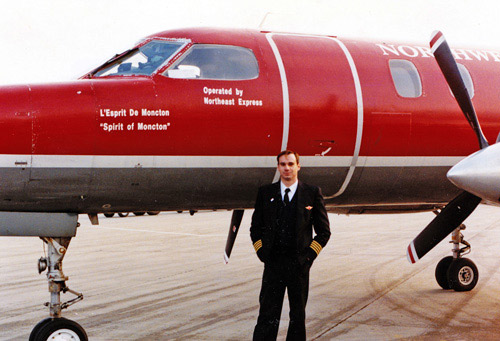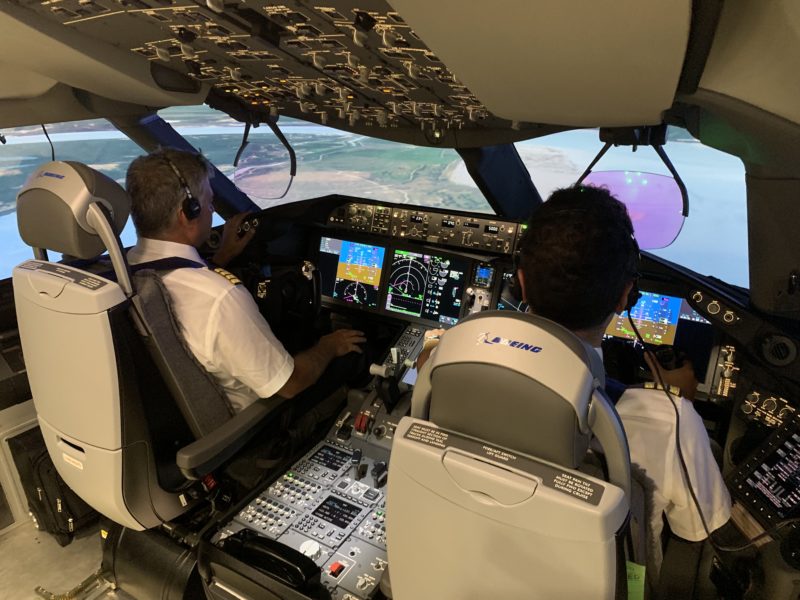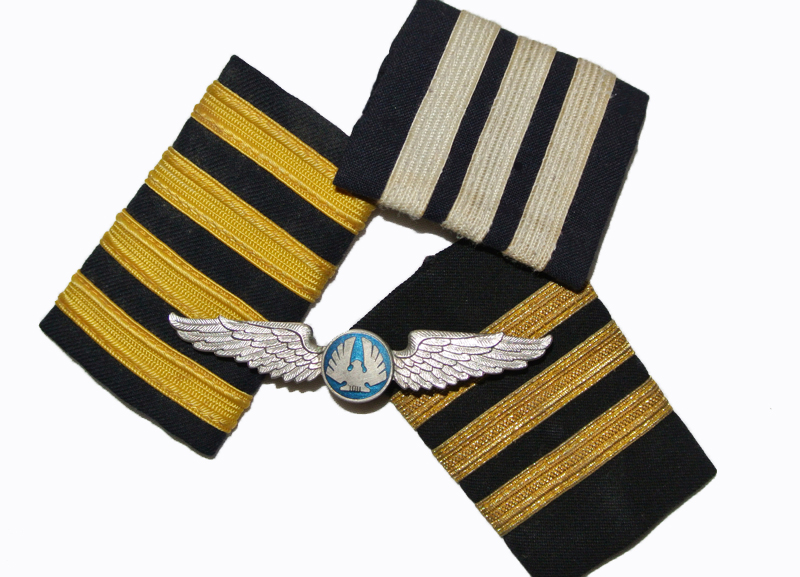The article below is contributed by Patrick Smith - AskThePilot.com
My first job as an airline pilot was in 1990. My first plane was an antique 15-seater with no pressurization or autopilot. I’d just turned twenty-four, and was one of the youngest pilots at the company. I made a thousand bucks a month, flying four days a week, in and out of the awful New England weather.

Suffice it to say my salary has improved. Nowadays I earn more on the average flight, wheels up to wheels down, than I made in an entire month flying those Beech 99s. I don’t mean that as a brag. It’s not that I’m overpaid today so much as I was ridiculously underpaid in those days.
Quality of Life
On the downside, I’m no longer, by any stretch, one of the youngest pilots at my airline. This is depressing for the reasons you’d expect, but also has its advantages. I’m now one of the most senior pilots in my category, and can more or less pick and choose my trips, my time off, and so forth. I fly where and when I want to, as much or as little as I like. My salary has never been better, and neither has my quality of life — or “QOL” as pilots call it. The price I pay is being an old bastard with most of his life behind him.
Everything at an airline comes down to seniority. The moment a pilot is hired, he or she is the most junior pilot in the company, and from there begins the long climb upward. How quickly you ascend depends on different things: the health of the industry, the growth (or contraction) of your airline, and so on. As older pilots retire and new ones are taken on, up the list you go.
And because each airline has its own seniority list, your number is of value only within that company. When a pilot is out of work, for whatever reason, he or she cannot slide over to another airline and pick up where they left off. There is no sideways transfer of benefits or salary, ever. If you move to a different company, you begin again at the bottom, at probationary pay and benefits, regardless of experience.
For this reason — at least at the major carrier level, and once you’ve accrued a reasonable amount of seniority — it’s almost unheard of for a pilot to move from one airline to another. It’s also why any sort of industry upheavals (COVID, wars, recessions) make pilots very nervous. If your company goes bust, you lose everything.
Seniority
My airline has roughly 13,000 pilots and I sit somewhere in the 4,000s. But it’s not that simple: there are lists within that list, broken down by base city, aircraft assignment, and seat (captain or copilot). Some bases are, on the whole, more senior than others, depending where pilots prefer to live or commute to. The same goes for the aircraft type. Being senior in one base, or in one plane, doesn’t mean being senior in another base, or in another plane.
In my base city (New York), in my aircraft type (767), and in my seat (copilot), I’m in the top ten percent of seniority. A desirable place to be. However, if I were to change to a different base, or bid to captain, or bid to first officer on a higher paying plane, my ranking could drop considerably. I might earn more money, but my QOL wouldn’t be as cushy. My schedule, my commute, the trips I fly — everything would be more difficult. It’s a tradeoff. For the time being, I’ll take the QOL.
The potential training commitment is another reason I’ve been hesitant. The last thing I feel like doing right now is sitting through a month of training to learn an entirely new plane. I enjoy the 767, including its mix of domestic and international flying. Europe, Africa, domestic coast-to-coast… it’s an enjoyable mix.
And this results in situations like the one I found myself in the other day, when I was working a flight to Mexico City. The captain was a decade younger than me, and far more junior overall. I’d been hired in 2001; he’d been hired in 2015. I was older, more senior, and considerably more experienced than he was.
A week later I was working a flight to Europe. Long-haul flights carry augmented crews, and this time there were three of us: the captain and two copilots, one of whom was me. The captain was by far the most junior of our trio, a good 3,000 seniority numbers below me.
For different reasons, many pilots prefer life as a junior captain rather than as a senior copilot. Maybe it’s the money. Or maybe it’s ego, or a sense of fulfillment that comes with being called “captain.” I didn’t ask.

Bear in mind that I’m talking mostly about the United States. In other parts of the world, the seniority system isn’t as rigid. Copilots are often hired with very low experience levels, and upgrades to captain aren’t always based on tenure.
But here at home, a copilot becomes a captain not merely by virtue of skill, but when his or her seniority standing allows it. And not every copilot wants to become a captain right away.
Beyond the salary and responsibility aspects, the two positions aren’t a whole lot different from each other. “Copilot” is a colloquial term for first officer, and contrary to what a lot of people think, a first officer is not an apprentice. He or she shares on-the-job duties more or less equally with the captain. The captain is in charge, and earns a larger paycheck, but both individuals fly the plane. Copilots perform just as many takeoffs and landings as captains do, in pretty much all weather conditions, and both are part of the decision-making process.
That’s good enough for me. We’ll see how things look in another year. For now, I’m happy and staying put.
The article is contributed by Patrick Smith - AskThePilot.com




